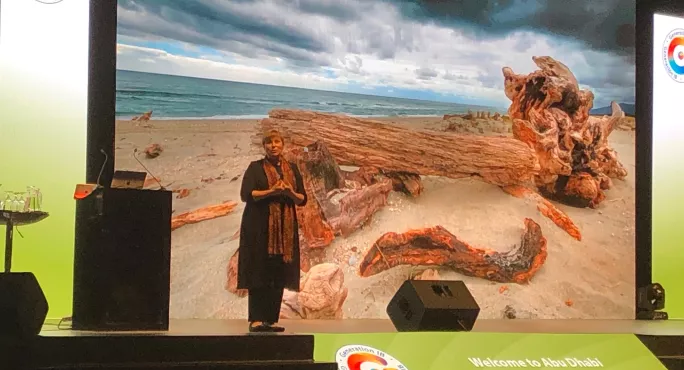An overemphasis on testing is taking away the very reason why people get into teaching, a leading academic has warned.
Tina Blythe, from the Harvard Graduate School of Education, told Tes: “In many parts of the world right now, teaching is what Howard Gardner [the US developmental psychologist] would refer to as ‘a misaligned profession’.
“The reasons why people go into teaching, because they are excited about working with young learners, they love the idea of supporting a more thoughtful next generation, they feel a call - the reasons why they go into it are not what the society is now demanding of them.”
View: ‘Am I teaching to the test, against my principles?’
Research: Teacher assessment ‘as good as tests at predicting success’
Read: Schools that ‘teach to the test’ to be penalised by inspectors
In many cultures, she said, what was instead demanded of teachers was that students scored well on standardised tests.
The impact of teaching to the test
“What do those tests tell us? How many of the qualities we want our students to graduate into are measured by those standardised tests? A couple, maybe, but think about much time we spend preparing students for those tests,” Dr Blythe added.
She is director of learning and outreach at Harvard Project Zero, a research group within the Harvard Graduate School of Education that Mr Gardner led for a number of years.
She spoke to Tes at the International Baccalaureate Global Conference in Abu Dhabi, where she delivered the final keynote speech on the topic of teachers’ professional development.
After two days packed with professional development sessions, she aimed to help teachers with the daunting task of going back to their institutions and effectively putting what they had learned into practice.
One of the problems is adapting professional development lessons to one’s unique context, and Dr Blythe advocated for teachers’ freedom to implement and adapt the elements of their choice.
She recounted that when she was a newly qualified teacher, she attended a training session with a more experienced colleague and was annoyed to notice that nothing in the session could be applied to her school context.
Her more experienced colleague, who was an artist in her free time, used a metaphor that stuck with Dr Blythe; she told her that in her beachcombing outings, she’d sometimes find objects useful for her arts, sometimes nothing of note, but she never brought back “the whole beach.”
Dr Blythe has since applied it to teachers’ professional learning.
“I think what you have been doing here - you have been on a beachcombing mission,” she told the audience.
“The work we do with our students and our colleagues - that is our art. No one can tell us how to make that art. Teaching is a fundamentally collaborative, creative act. There is no recipe, no framework that could be handed to any one of us and would work perfectly.”
Teachers’ professional learning is one of Dr Blythe’s research interests. In her work, she has focused on the area of collaborative inquiry, investigating how educators share expertise and the context where meaningful professional conversations can happen.
“What type of processes do we need to put in place to let that learning happen? I am talking about true learning conversations - thoughtful, analytical, systematic,” she told Tes.
“If we want to be serious about student learning, we need to be serious about teacher learning.”





